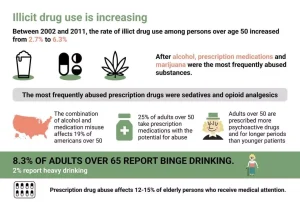
Your SUD recovery may benefit from the social support and closeness, too. Without honest communication, both people can end up feeling misunderstood and mistreated, she adds. But there’s hope for mending broken bonds and repairing any damage that may have been done.

Ways Prenatal Depression Affects Your Mental Health and Well-Being
- Acknowledge that making amends is a courageous act that fosters personal growth.
- Be honest and outline the steps to be taken for demonstrating that behavior is changing.
- We make a promise to pay an amount we can every month and begin on the day we make the face-to-face amends, and we have a set timeline for when all the money will be paid back.
- If someone does not accept your amends, respecting their feelings is essential.
- This involves discussing a clear plan that outlines expectations and future commitments.
Our experienced team offers comprehensive addiction treatment programs tailored to your individual needs. Indirect amends refers more to the thoughts and attitudes behind the behavior. Indirect amends focus on the mentality that must change for the better. If you are going through a 12-step program, you’ll notice that honesty, accountability and acceptance are overarching themes. It may be self-evident why these are so challenging for people in recovery, who have become so accustomed to hiding the truth about their behavior – even from themselves. While making amends can be healing, the outcome is not always predictable.
Learn About Mental Health
When someone who is dependent on substances finally makes the decision to get sober, shame and guilt usually set in almost immediately. For the majority of people, the feelings of guilt are usually what cause the most pain, as many addicts have grown used to drowning out these feelings using substances. Recovering addicts can no longer deny the downright despicable and awful acts they may have committed. The good news is however, that with the right steps and mindset, you can offer a sincere apology and make amends to the people you may have hurt. Though some of these supporters might be new friends you meet in treatment or group therapy, it’s also vital to reconnect with people you knew before seeking help. However, they will likely still feel hurt by how you treated them and might be hesitant to forgive you, no matter how sincerely you apologize.
- Rebuilding trust with loved ones is critical and a gradual process.
- Making amends is a way to own those mistakes, show that you’re committed to change, and rebuild trust with the people you’ve hurt.
- We make amends to such people by striving toward spiritual progress.
- Making amends involves acknowledging and correcting past behaviors.
Reflect on Behaviors Honestly
- It is important to make daily changes that reflect personal growth and a genuine desire to repair the harm caused.
- It’s hard to find the right response to someone making amends.
- Regardless if they can or can’t apologize directly, they choose to walk the walk and make better choices.
- The first step is to know that your questions and feelings are normal.
Start with sincere apologies; acknowledge the wrongs you’ve committed and express genuine remorse without excusing past behaviors. A heartfelt apology sets the foundation for healing, showing that you understand the living amends impact of your actions. These steps will support your journey towards rebuilding trust and relationships during recovery. Remember, this is a Twelve Step process that can provide a platform for healing, but the person we are reaching out to may not be at the same place in healing as we are. We are only in control of our part—making and living the amends.
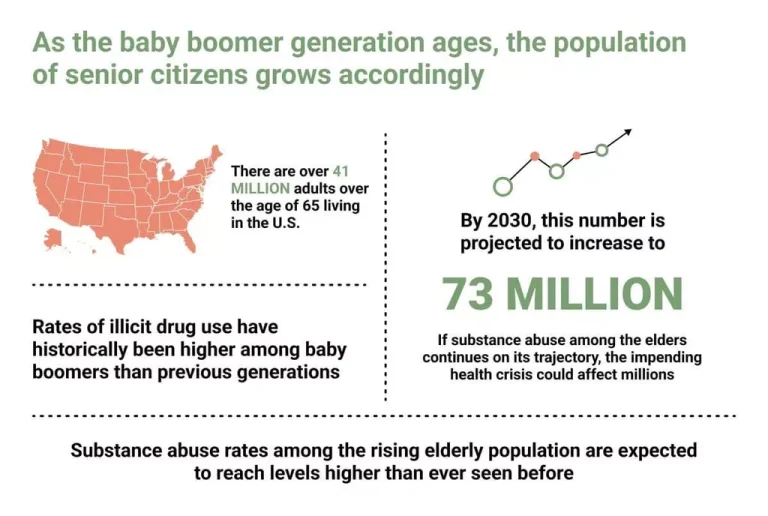
One focuses on direct contact, while the other narrows in on indirect actions. Don’t make the amends unless you are ready to be sincere in owning your wrongs. Avoid making an amends by text message or email, you want the amends to be as sincere as possible— showing effort and care. When you make your thorough list, be sure to stay objective and detached as possible so at avoid personal bias from affecting your ability to identify victims. If you’re struggling to overcome these obstacles, don’t hesitate to reach out for support.
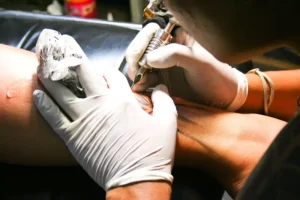
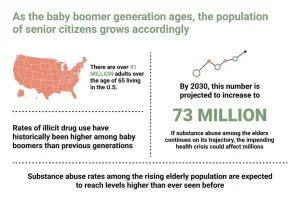
While not every relationship damaged during addiction will be fully repaired, many individuals find that making amends opens the door to deeper connections and healthier, more honest interactions. Trust, once broken, can be rebuilt over time through consistent effort and sincerity. Mutual respect, often lost during periods of active substance use, can also begin to flourish as others witness the individual’s commitment to change. This route is taken when reaching out would be impossible or potentially harmful—such as when the person has passed away, can’t be located, or might be emotionally injured by renewed contact. Writing a letter, even if it’s never sent, allows the person in recovery to process their remorse and articulate their growth.
Discover government-funded rehab options and effective harm reduction approaches. Stop alcohol addiction and reclaim your life with proven methods. Engage in activities that bring you joy and connect https://ecosoberhouse.com/ with supportive friends. This practice not only enables healing but also reinforces your commitment to recovery. Using these approaches can pave the way for effective communication, allowing for sincere apologies and the chance to repair relationships.
In some cases, you may have to make indirect amends if a relationship proves to be beyond repair or if seeing you again would cause the person further distress. Though that could be hard to accept, that doesn’t take away from the process of actively working to improve your character. Ultimately, the goal of making amends is to achieve more personal responsibility – not necessarily total forgiveness. Specifically, the eighth and ninth steps of AA address the concept of amends, amphetamine addiction treatment including listing the people you harmed and making direct amends to them wherever possible. The benefit of working on these two steps is that they ask you to confront your mistakes, examine how you hurt others and allow those you wronged to achieve closure. However, completing it often brings immense relief and renewed hope.
The Power of Forgiveness in Step 9 of NA
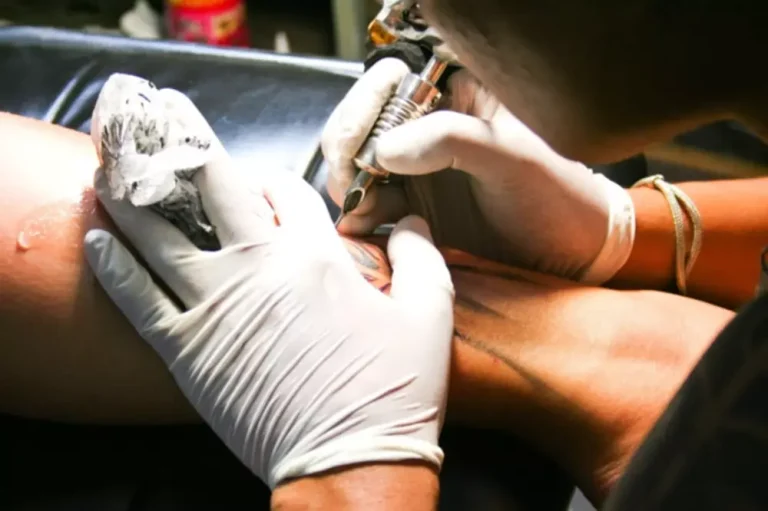
They also have the opportunity to work on repairing their relationships with friends and family that may have been damaged because of their previous addiction struggles. Work with your sponsor or counselor to create a list of the individuals you have harmed in the course of your addiction. It will make it easier down the road for you to address each person, as you may have been continually hurting those closest to you for years. The people closest to the addict, usually family members or anyone who lives with them, experience the greatest amount of physical and emotional pain as a result of the addicts choices. If these relationships have been destroyed as a result of substance abuse, or if bridges have been permanently destroyed, it can be difficult to understand how to make amends.
Harmony Haus
Navigating relationships while in recovery can be challenging, but you can rebuild trust and repair bonds. The 12&12 notes that we’ll need a few qualities to successfully complete this step. It requires careful forethought, a sense of caution, decent timing, and at least an ounce of bravery.
